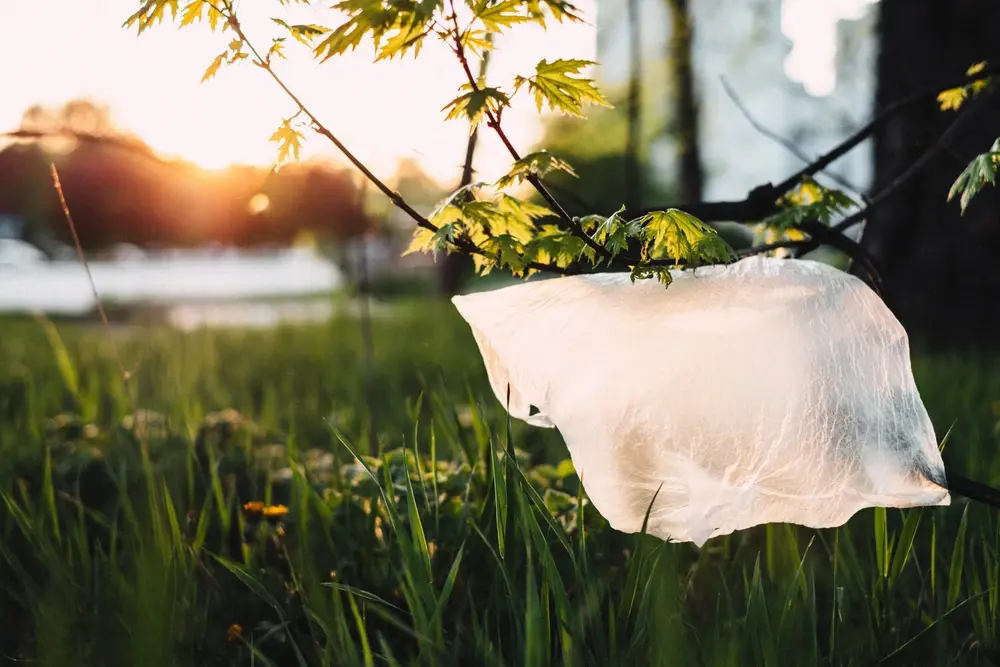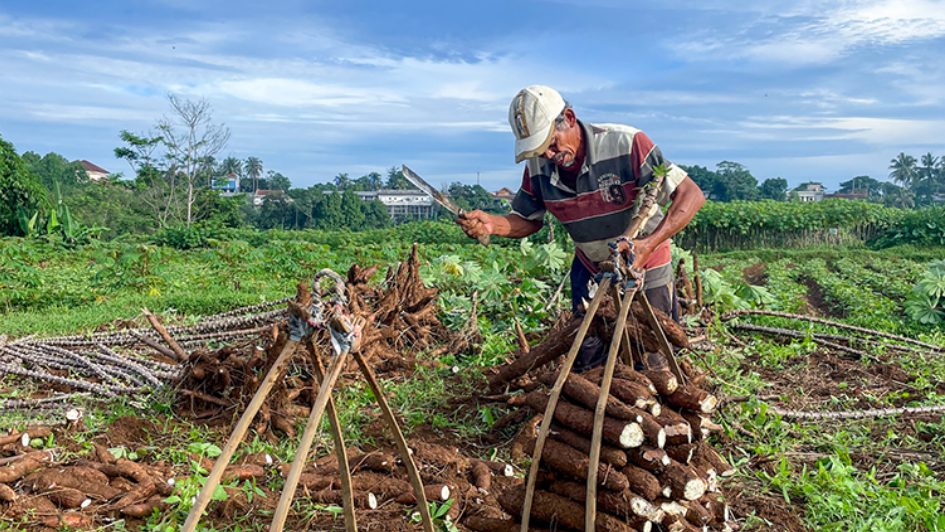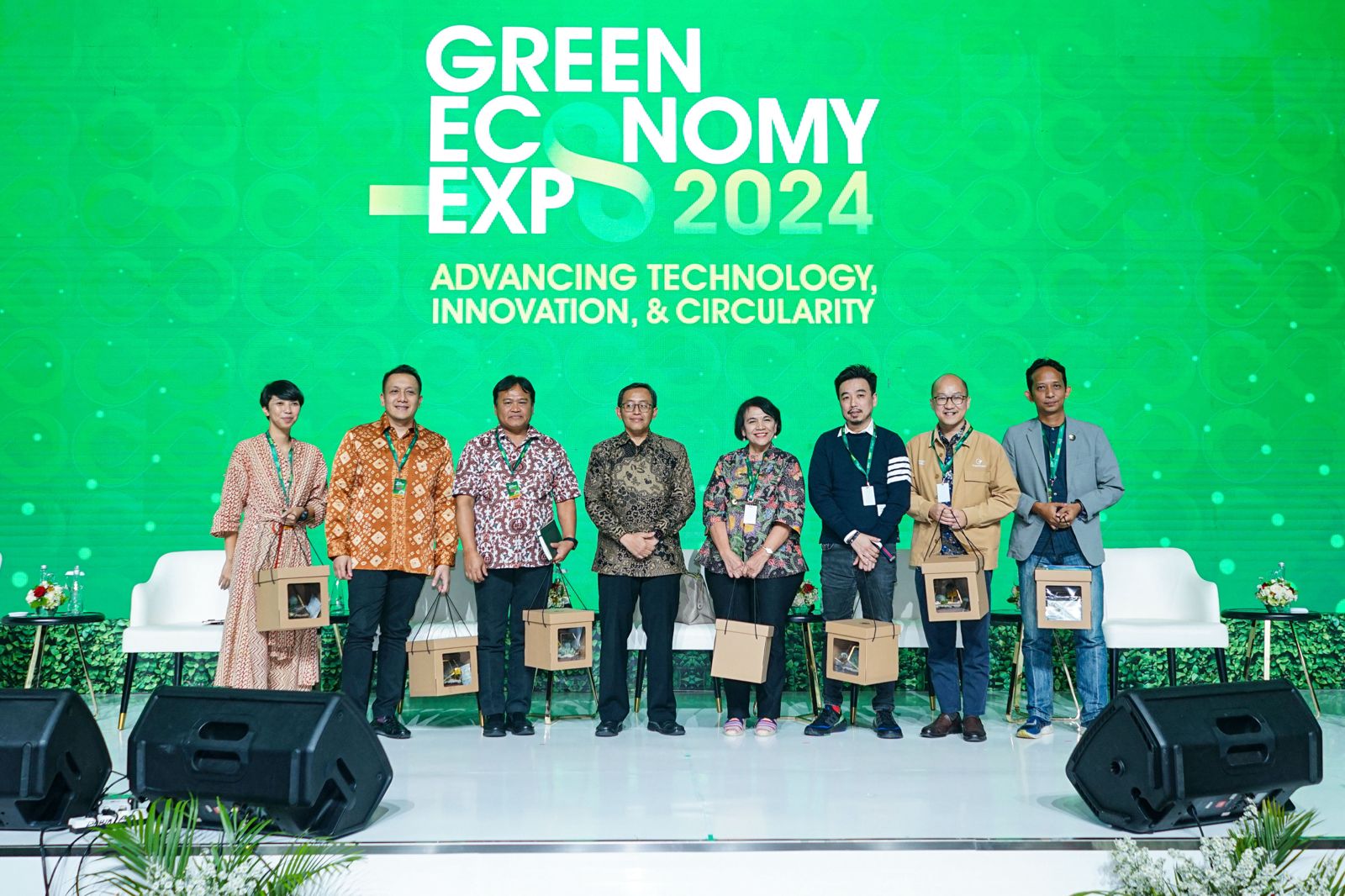Biodegradable Technology Is Proven Even In The Marine Environment
Thursday, 01 April 2021
Jakarta, 01 April 2021 - A groundbreaking report in the plastic technology industry conducted by Queen Mary University London, and Station d’essais de Vieillissement naturel de Bandol, has just been released and confirmed the biodegradation process in the plastic contained the d2w biodegradable masterbatch.
The study confirms the findings of the scientists in their September 2020 interim report, s “Biodegradable plastics biodegrade in seawater and do so with a significantly higher efficiency than conventional plastics,” and that “The oxidation level obtained due to the d2w prodegradant catalyst was found to be of crucial importance in the degradation process.” Most importantly, the research applied different techniques to prove the biodegradation of d2w plastic in the marine environment, leaving no toxic residue.
The CEO of Symphony Environmental, the company that contributed to the cost of the project, Michael Laurier said, “No government can now be in any doubt that biodegradable plastic (as distinct from biodegradable plastic) does properly biodegrade in the open environment, and is not toxic. This is not, therefore, the type of material that the EU intended to prohibit, and I trust that this and other scientific evidence will now dispel the confusion in the marketplace.”
More about the report in the following link:



